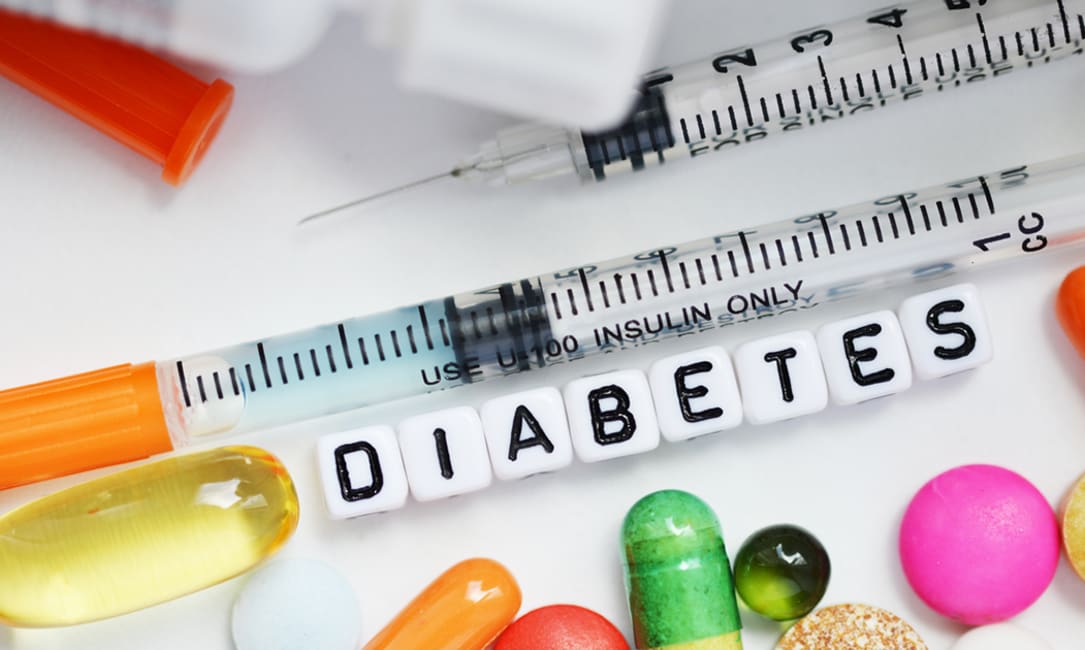If you have diabetes, you probably know the importance of glycemic index in foods. If you have diabetes, you probably know that eating certain carbs can elevate your diabetes level and can be difficult to deal with. Carbohydrates are refined sugars that are included in pasta, rice, and bread which are easier for your body to convert into glucose. Glucose is a sugar that your body uses for energy. These carbs are difficult to digest and take a longer time to get converted into easier absorbable forms of glucose which can be used by the body for utilizing energy. Vegetables and whole grains are instead better options to eat.
An important message for diabetics.
If you are a diabetic that controlling what you eat is very important to keep your sugar levels at optimum levels. Choosing the wrong type of carbohydrates can turn out to be a difficult time in controlling sugar levels. To help diabetics make better food choices, it is important to focus on the glycemic index. This index helps in knowing the carbohydrate-containing foods that can impact your health. The glycemic index helps the diabetics choose between the “good carbs'' and “bad carbs” Many utilize this tool to refine the carbohydrate intake which helps them maintain optimum sugar levels.
The real glycemic values. According to the glycemic index, carbohydrates with a low GI are more slowly digested, absorbed, and metabolized, resulting in the slow and slower rise of glucose or sugar levels in the body. This will help you in
Proper metabolization Proper digestion Proper assimilation Keep your energy levels optimum Control blood sugar levels Control cholesterol levels Control blood pressure Check the various parameters for a healthy heart Keep you active Helps deals with fatigue and tiredness Proper sleep Helps with mood disorders Improves the focus and concentration power Helps for good immune function Reduces stress levelsGI values are divided into three main categories
55 or less =Low=good 56-69=Medium 70 or higher =bad-HighWhat research says about glycemic index for diabetics
Research indicates that for most diabetics, the best managing tool is what they take in in their diet. It is important to monitor their diet regularly. This will help control all the parameters of a healthy heart. Carbohydrate counting and calorie intake counting is a very important aspect in diabetes. Some clinical studies also suggest that a low glycemic index can help diabetics help control blood glucose levels. While this GI tool is helpful to assist and help diabetics, most healthcare professionals agree that taking medicines is also important to avoid any further complications in diabetes. Glycemic Index value does not contain the nutritional value but just takes the calorie counting and carbohydrate counting into account.
Glycemic index can be used by people who want to lose weight
Are you overweight? It's time to change. Overweight can cause many problems like hypertension, cholesterol, and diabetes. You must control weight by taking your glycemic index into account. Exercising and monitoring your eating habits is very important. These days, everybody wants to be healthy and it is one of the important aspects to stay fit and well-nourished. The GI is used by people who want to lose weight. Other nutritional values should also be considered by diabetics and people who want to lose weight.

 The glycemic index is a very important factor for diabetics. Learn more about Glycemic Index and how to choose the best foods for better health. Closely monitoring what you eat can help diabetics in controlling sugar levels at optimum range.
The glycemic index is a very important factor for diabetics. Learn more about Glycemic Index and how to choose the best foods for better health. Closely monitoring what you eat can help diabetics in controlling sugar levels at optimum range.











.jpeg)








.jpeg)





.jpg)


.jpg)



